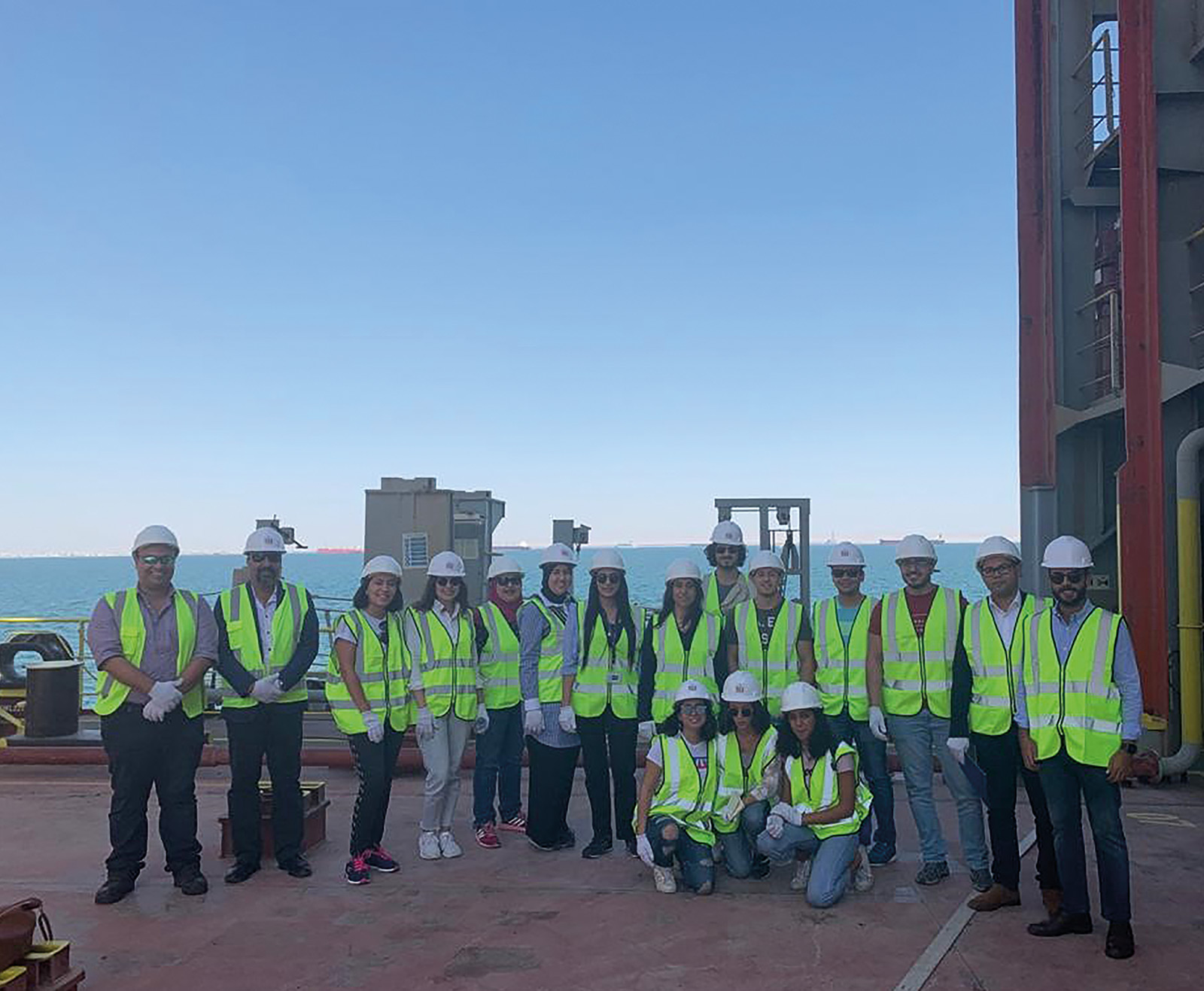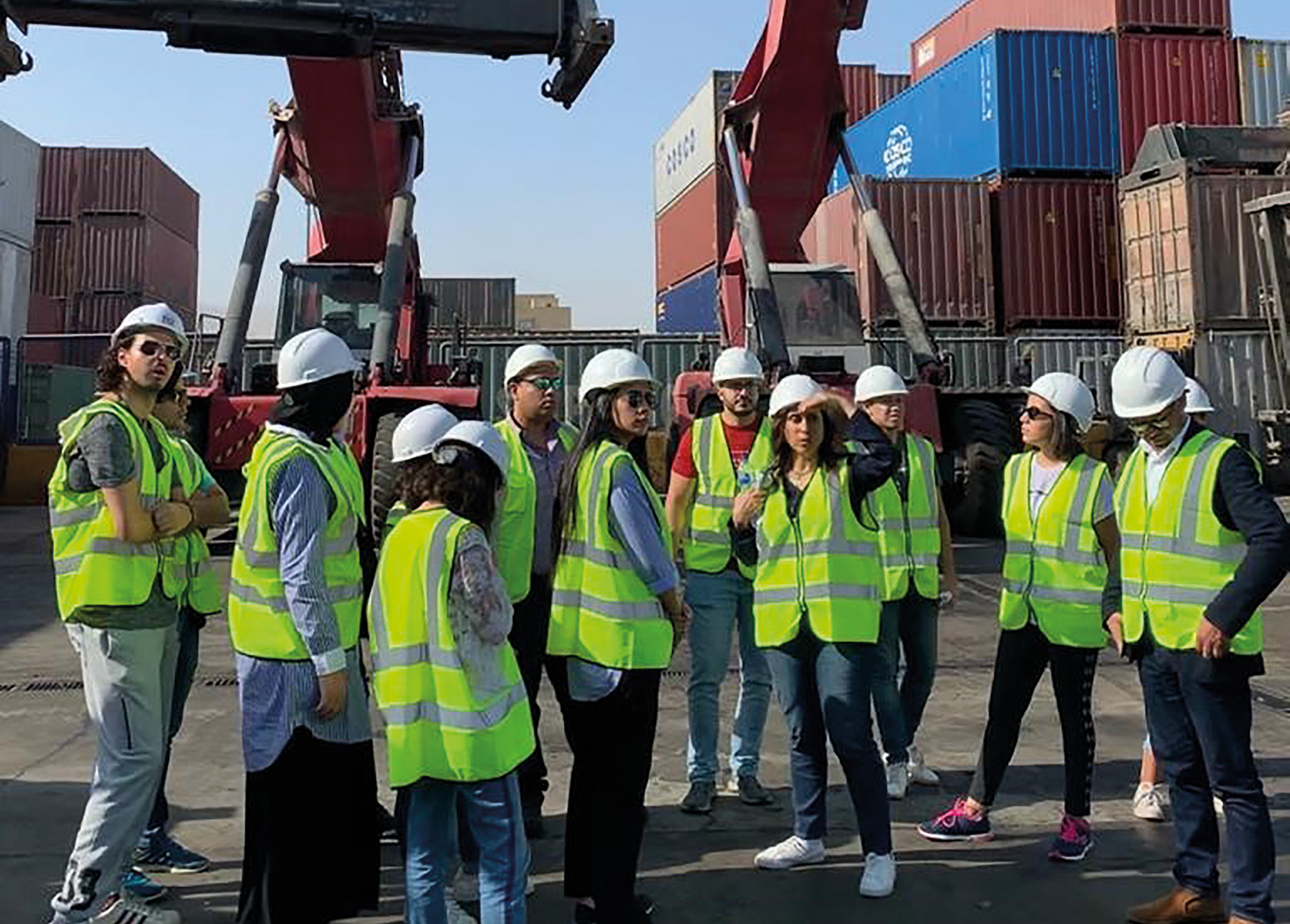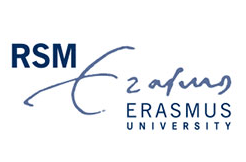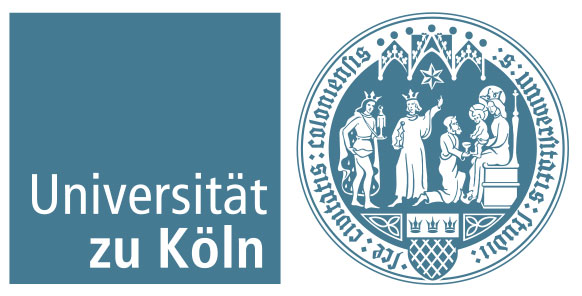
Disruptive business models and cutting-edge technology are a sign of a booming economy. Innovations such as artificial intelligence, assembly line robotics, collaborative platforms and omni-channel marketing have created new business models that are shaping the future of work. But now disruption has come from a new and totally unexpected source, one which is affecting all countries and all economies – Covid-19.
Covid-19 created a global pandemic prompting governments to close national borders, end freedom of movement and order the lockdown of their economies. Across the world, organisations large and small are having to respond to the disruption of their business models. The future of work is now centre stage as technology and innovation shape our response to the pandemic.
Last year, the OECD published a report titled The Future of Work. This identified four main areas that will have an impact on advanced economies – rapid technological change, globalisation, ageing populations and flexible labour markets. But right now, economies are in survival mode as stock markets fall and governments ride to the rescue with tax breaks and furlough schemes which guarantee income for workers who would otherwise be made redundant.
The impact of COVID-19 has yet to be fully felt but even at this early stage in the pandemic it is clear that aviation, tourism and hospitality industries will be badly hit. Other sectors relying heavily on face to face interaction and teamwork such as oil and gas exploration, manufacturing, traditional retailing, sales, consultancy will have to find new models that incorporate social distancing. In many cases, robotics or automation, supplementing human skills, will allow fewer people to share limited work spaces.
CEMS Academic Member schools have already introduced content to reflect changing organisational behaviour brought on by automation, artificial intelligence, online marketing, data algorithms, collaborative platforms and much more. CEMS Academic Members in collaboration with CEMS Corporate Partners reacted to the pandemic by shifting to online teaching. A seamless transition was helped by the fact that robust e-learning and collaborative platforms were widely available and in some cases were already supplementing face to face sessions.

The American University in Cairo was among the early responders, switching instantly from physical classrooms to highly interactive virtual platforms. “In a few days we went from teaching in the classroom to online. This required prior knowledge through training and a degree of comfort with the latest online tools,” says associate professor of accounting and associate dean for undergraduate studies at AUC School of Business, Ahmed Abdel- Meguid. This was made possible by AUC’s cutting-edge Center for Learning and Teaching (CLT) as well as a proactive IT department. Abdel-Meguid adds: “The silver lining of the current events is that it provided an excellent opportunity for faculty to learn a new set of skills and encouraged students to become more independent and more adaptable.”
Rebalancing Economic Power
Knowledge workers will fare best in the future world of work as their skills are harder to replace with artificial intelligence or robots. Associate professor Sherwat E Ibrahim a specialist in global supply chains from the University of America in Cairo sees this trend as rebalancing economic power. “Sourcing strategies of G7 and the global North to the global South are already being revised in the light of increased transaction costs and the efficiencies resulting from job automation.”
The physical presence and national affiliation of knowledge workers will be the new determinant of global value chain allocation.
What this means for all economies is an increased reliance on agile businesses, particularly the self-employed sector. Businesses with more entrepreneurial ‘DNA’ are more likely to survive. Innovation and adaptability could provide the best support for business continuity. As the global pandemic hit major international companies, and despite the greater vulnerability of small local firms, many of them were able to respond quickly and re-assert their importance in the supply chain. Egypt’s dynamic informal sector, although being the most susceptible to shocks, still constitutes a major segment of the overall economy, affecting the livelihood of millions. However, daily workers of the informal sector may be underutilized and or misallocated which requires corrective actions. Says Abdel-Meguid, “The government, NGOs and several companies have introduced a range of socially responsible initiatives to support those workers during this crisis making them more resilient until the economy fully recovers.”
Omni-channel Marketing points the way forward
Marketing is also set for radical change. Sophisticated algorithms are speeding the analysis of sales data, enabling e-commerce websites to customise offerings with online campaigns tailored to individual tastes and buying patterns. This has enabled retail businesses with a strong online presence, food retailers and supermarkets, to respond rapidly to the COVID-19 crisis.
Professor Sherwat E Ibrahim of AUC explains that converging information systems and the escalated use of online shopping resulting from the pandemic should boost omni-channel marketing strategies in the future. “The partition between online and offline shopping will become blurred where a consumer’s physical presence merges with their online presence.” Consumers could be directed to a physical store where they can experience the quality of touch and feel products and make a selection available for instant delivery from a far greater stock held in warehouse miles away, yet available for instant delivery.
Rotterdam School of Management professor of marketing, Stefano Puntoni, argues that this model has cost advantages. “The future of work is agile as the costs associated with delivering a service online are close to zero.” In the short- term, marketing and e-commerce look set to take over from or supplement existing retail businesses. Any business without some form of online presence will suffer. “To survive this pandemic, small companies have been forced to use digital tools in a way they’ve never done before,” says Puntoni.
In the long term, he explains that the COVID-19 crisis will give fresh impetus to innovation. Trends in e-commerce that might have taken ten years to bring to fruition, could now be developed in two years or less. With extended globalised supply chains under threat, advances in 3D printing could bring customized parts closer to the point of manufacture. The old model of specialised parts suppliers and small specialised workshops supplying sectors, such as aerospace or automotive industry, could be superseded by technology.

Research published last year in Nature Human Behaviour, by Armin Granolo and Former RSM faculty Christoph Fuchs, found that people had fewer negative feelings if their job was outsourced to a robot than if they were replaced by another person. Says Puntoni: “Paradoxically people find being replaced by a machine less threatening. As machines do more and more, either humans do less and less or they will do something else. This trend will affect us in all situations.”
Remote working
Access to information will become the key to innovation and business sustainability as new online tools speed decision-making. Bocconi University has undertaken joint research into collaborative platforms with Georgia State University and MIT Sloan Management Review. Professor Massimo Magni has been engaged in a study based on interviews with a sample of a thousand managers drawn from the oil and gas, banking, consultancy, manufacturing, and retail sectors. “We found that the effectiveness of collaboration platforms can be traced back to their ability to enable team shared sensemaking, task execution and wellbeing. During this pandemic people discovered that it’s possible to work effectively at a distance, and a pivotal role is played by the team leader in fostering effective distance-based work.” The good news is that collaborative platforms actively support older staff by encouraging them to work collaboratively in teams, a situation in which they can share valuable knowledge.
Technology is enabling individuals with special skills to pool their knowledge and to find rapid and innovative solutions to business challenges. This approach whilst promoting agility in times of growth could also be an essential weapon in the struggle to sustain and re-build business during and after the pandemic.
A specialist in accounting at the American University in Cairo, associate professor Abdel-Meguid argues that new ways of working harnessing the power of artificial intelligence will put the accounting and auditing professions at the forefront of risk management as business continuity becomes more critical. “The importance of using AI to remotely sift through large volumes of data sift is now more pronounced given the need for social distancing. Robotics could support auditors in tasks which typically require observation or physical examination such as inventory counts. The need to visit a warehouse will quickly diminish. While technology will facilitate processes, human professional judgement will still be needed.” As businesses struggle to get back on their feet, close monitoring of key performance indicators is vital for business leaders and may serve as early warning signs of potential risks.
An enhanced role for Human Resources
In a post-COVID world employers will have to be sensitive about how and where technology is employed. Human Resources, for example, could take on a new role in guiding business leaders to take into account wider social issues and be more inclusive.
 Bex Hewett, human resources professor at Rotterdam School of Management believes HR is set to play a pivotal role in ethics and protecting employees. Human resources managers are being called upon to help restructure the work place to ensure social distancing guidelines are met and to lead the transition to new ways of working. Under new health and safety guidance, hot desking will no longer be permitted as it could encourage the spread of the virus, and likewise using the elevator will be discouraged and staff instead advised to climb stairs. Furthermore, stop and start times could be staggered in order to reduce pressure on peak time travel.
Bex Hewett, human resources professor at Rotterdam School of Management believes HR is set to play a pivotal role in ethics and protecting employees. Human resources managers are being called upon to help restructure the work place to ensure social distancing guidelines are met and to lead the transition to new ways of working. Under new health and safety guidance, hot desking will no longer be permitted as it could encourage the spread of the virus, and likewise using the elevator will be discouraged and staff instead advised to climb stairs. Furthermore, stop and start times could be staggered in order to reduce pressure on peak time travel.
This enhanced role could involve helping staff electing to work from home to set up ergonomically efficient home offices. “Because the way we work is changing, employers have the potential to exploit the workforce through a more intensive use of technology. We need to look beyond business leaders and shareholders and act as a strategic partner with a broader focus on employees and their families, the local community and global supply chain,” adds Dr Hewett.

Hewett sees HR’s role as one of cocreation, helping management develop more effective ways of working and to maintain a focus on sustainability. The future of work, she says is not simply about immediate business survival; it should develop within the context of the UN Sustainable Development Goals. She cites the example of Unilever whose code of corporate social responsibility extended “Once the immediate crisis is over employers will need to rethink their business to become more sustainable” beyond its own workforce to include work, pay and conditions of companies that are part of its supply chain. “That thinking is highly influential,” she says.
 This has implications for Human Resources to help ease the transition. The idea of the HR department becoming central to re-imagining or co-creating a new business model makes a lot of sense. Across Europe governments are intervening to help business navigate a sudden shock to the economy by setting up furlough schemes to keep paying staff wages even when their work has temporarily dried up. Once the immediate crisis is over employers will need to rethink their business to become more sustainable. This will involve cutting costs and becoming more agile through the use of new ways of working including more flexible working through employees being invited to take unpaid leave, move to part-time working or job share arrangements.
This has implications for Human Resources to help ease the transition. The idea of the HR department becoming central to re-imagining or co-creating a new business model makes a lot of sense. Across Europe governments are intervening to help business navigate a sudden shock to the economy by setting up furlough schemes to keep paying staff wages even when their work has temporarily dried up. Once the immediate crisis is over employers will need to rethink their business to become more sustainable. This will involve cutting costs and becoming more agile through the use of new ways of working including more flexible working through employees being invited to take unpaid leave, move to part-time working or job share arrangements.
Bex Hewett has first-hand experience from when she was head of human resources at the UK telecommunications regulator, Ofcom. “In the wake of the financial crisis of 2008, we did lose a lot of people but we managed it in a way that was fair by introducing a voluntary redundancy scheme and giving people the opportunity to suggest alternative solutions to work more efficiently so save money in other ways”
The dust is yet to settle, but it is clear that the COVID-19 pandemic will cause economic damage on an unprecedented scale. It is also clear that without the tools and efficiencies developed as part of the thinking around new ways of working businesses and industry would be at a much greater disadvantage. To lead recovery, the response from business and from politicians will be decisive.
Case Study
Boston Consulting Group

Claudia Hoffmann senior recruiter for Boston Consulting Group in Zurich has been delivering soft skills training to CEMS students at HSG, St Gallen University for the past two years. This March at short notice, her scheduled five-hour workshop on story lining (a strategic communications technique) was moved to a Webex platform in order to replicate the social interactions among the group and the seminar leaders.
Says Hoffmann: “We’ve been using Webex as a conferencing tool internally ever since I started at BCG. But this was the first time we have used it to deliver an entire virtual workshop with external participants. It was very exciting for us.”
In order to prepare fully, Hoffmann and her team of five coaches could leverage several IT trainings available within BCG to work out how to use the technology to best advantage. “We thought how can we best engage with the students?” she says. The online workshop was split into a plenary session before groups of students each supported by a coach split into five separate virtual “rooms” where participants could see and hear and participate in group tasks. Students and BCG’ers were using a WhatsApp group chat on their mobile phones, enabling them to flag up questions or simply to chat. Meanwhile, BCG facilitators used an internal communications channel using the digital tool Slack, enabling them to coordinate and feedback information from the breakout groups. The feedback from the 32 CEMS students attending the course which counts towards their masters’ degree has been positive.
Case Study
An Alumna’s story
Graduating from the University of Cologne in 2008, CEMS alumna Neli IItchewa has been working in the investment division of Frankfurt based Commerzbank. Neli currently works in the area of market risk strategy portfolio strategy, deals with regulation and organisational restructuring.
Much has changed in the past decade. Neli explains: “In banking, people have realised that the years of very strong revenue and large profits are over. We’re seeing increased digitisation across industries and a shift in relevant skills sets.”
In response to the coronavirus pandemic, Neli has joined her colleagues in working from home communicating mainly via Webex. By early July she expects to be back in her office which is being redesigned to respect social distancing.
She believes the future of work will be influenced by the evolving severe economic downturn. “COVID-19 will have long lasting effects due to the high levels of debt in the population, businesses and sovereigns. The burden on the real economy is too great for the financial sector to manage alone. Getting the economy going again will require massive state support”
Contributors
Ahmed Abdel-Meguid, AUC School of Business
Claudia Hoffman, Boston Consulting Group
Neli IItchewa, University of Cologne
Sherwat E Ibrahim, American University in Cairo
Stefano Puntoni, Rotterdam School of Management
Bex Hewett, Rotterdam School of Management
Massimo Magni, Bocconi University


![]()

